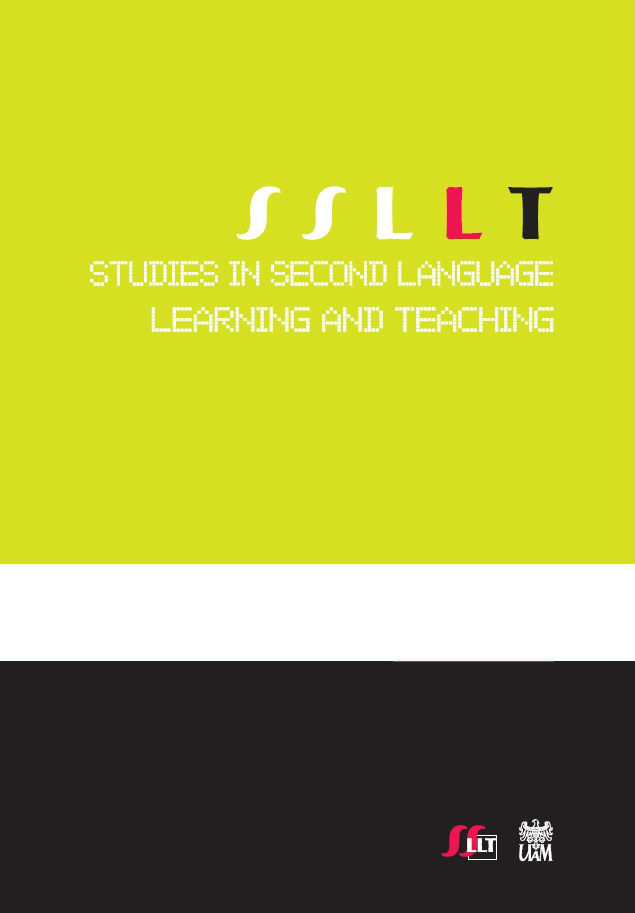Emotions that facilitate language learning: The positive-broadening power of the imagination
Emotions that facilitate language learning: The positive-broadening power of the imagination
Author(s): Peter MacIntyre, Tammy GregersenSubject(s): Education
Published by: Wojskowe Biuro Historyczne im. gen. broni Kazimierza Sosnkowskiego
Keywords: imagination; motivation; self; emotions; positive-broadening
Summary/Abstract: The imagination is powerful, in part, because of the emotions that can be activated by imagining future states. Imagined future states are a key feature of the L2 self-system proposed by Dornyei, and emotion may be the key to the motivational quality of the imagined future self. In particular, this paper focuses on positive anticipated and anticipatory emotions related to language learning. It is argued that, in general, positive emotion has a different function from negative emotion; they are not opposite ends of the same spectrum. Based on the work of Fredrickson, we argue that positive emotion facilitates the building of resources because positive emotion tends to broaden a person’s perspective, opening the individual to absorb the language. In contrast, negative emotion produces the opposite tendency, a narrowing of focus and a restriction of the range of potential language input. This article draws a framework for finding a balance between the positivebroadening and negative-narrowing emotions in the language classroom, and beyond. The emotion system is an engine for the positive-broadening power of the imagination.
Journal: Studies in Second Language Learning and Teaching
- Issue Year: II/2012
- Issue No: 2
- Page Range: 193-213
- Page Count: 21
- Language: English

